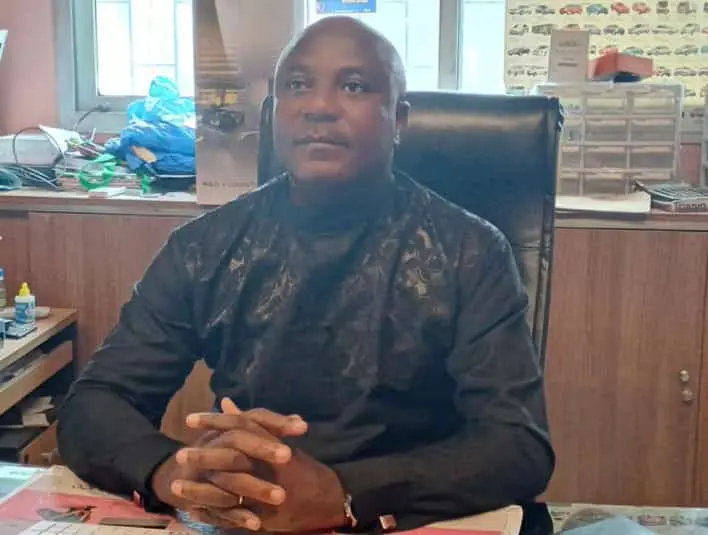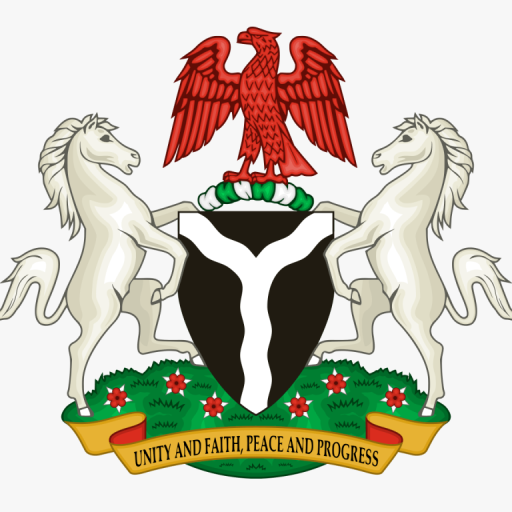Addressing the Menace of Human Trafficking: Preserving Nigeria’s National Image

Human trafficking is a grave global issue that not only threatens the fundamental rights and dignity of individuals but also tarnishes the reputation of nations involved. As a Nigerian community residing in Cote d’Ivoire, it is our responsibility to educate our fellow Nigerians about the harrowing impacts of human trafficking and its adverse effects on the positive image of Nigeria as a nation. In this article, we delve into the multifaceted dimensions of human trafficking and emphasize the need for collective efforts to combat this menace and restore Nigeria’s reputation.
Understanding Human Trafficking
Human trafficking refers to the recruitment, transportation, transfer, harboring, or receipt of persons through force, coercion, or deception for the purpose of exploitation. It is a criminal act that strips individuals of their freedom, subjecting them to forced labor, sexual exploitation, and other forms of abuse. Traffickers often prey on vulnerable populations, including women, children, migrants, and refugees, exploiting their dire circumstances for financial gain.
The Devastating Consequences
- Violation of Human Rights: Human trafficking is a gross violation of human rights, denying victims their basic freedoms and subjecting them to inhumane treatment.
- Physical and Psychological Trauma: Survivors of trafficking experience severe physical and psychological trauma, leaving lasting scars on their well-being.
- Economic Burden: Trafficking perpetuates a cycle of poverty by exploiting individuals who are often seeking better economic opportunities. However, instead of improving their lives, victims end up trapped in exploitative situations.
- Undermining National Image: The involvement of a nation’s citizens in human trafficking tarnishes the nation’s reputation on the global stage. It fosters negative stereotypes and erodes trust in the country’s governance and rule of law.
Impact on Nigeria’s National Image
Nigeria, a nation with a rich cultural heritage and immense potential, suffers significant damage to its image due to its association with human trafficking:
- Media Sensationalism: International media often highlights cases involving Nigerian traffickers, leading to a skewed perception that all Nigerians are involved in such activities. This portrayal fails to acknowledge the vast majority of Nigerians who contribute positively to society.
- Diminished Trust: Human trafficking erodes trust in Nigeria’s ability to effectively address crime and protect its citizens. It can lead to reduced foreign investments and tourism, affecting economic growth.
- Diplomatic Strain: Nations where trafficking victims are exploited or transported may view Nigeria unfavorably, straining diplomatic relations and collaboration efforts.
- Stifling Development: The negative image associated with human trafficking can hinder Nigeria’s development prospects by deterring partnerships and collaborations with other nations.
Taking Action As Nigerian Community Administration In Cote d’Ivoire
- Raising Awareness: Educate fellow Nigerians about the dangers of human trafficking through workshops, seminars, and community events. Empower individuals to recognize the signs and report suspicious activities.
- Supporting Survivors: Collaborate with organizations that provide assistance to trafficking survivors. Offering vocational training, psychological support, and legal aid can aid in their recovery and reintegration into society.
- Strengthening Legislation: Advocate for stronger anti-trafficking laws and their effective enforcement. Stricter penalties for traffickers and improved protection for victims are essential.
- Empowering Youth: Equip young Nigerians with skills and education to minimize their vulnerability to traffickers. Promote programs that offer viable opportunities within the country.
Conclusion
Human trafficking is a reprehensible crime that not only inflicts immeasurable suffering on its victims but also severely damages Nigeria’s national image. As a Nigerian community in Cote d’Ivoire, it is our duty to combat human trafficking by educating our fellow citizens, raising awareness about its devastating consequences, and actively participating in initiatives that prevent and address trafficking. By doing so, we can contribute to restoring Nigeria’s positive reputation and fostering a society that values the dignity and rights of every individual.

0 Comments